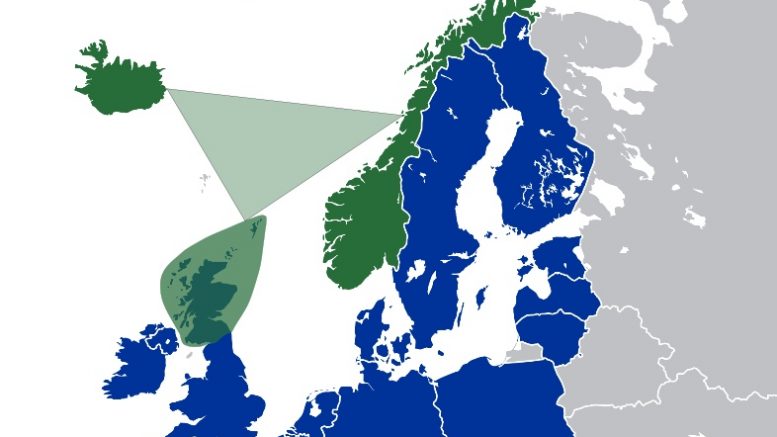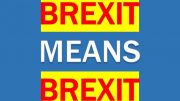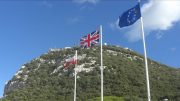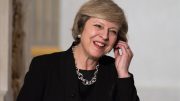Being seen to go cold on the European Union will annoy many in the SNP’s mainstream but Nicola Sturgeon’s personal standing and unchallenged authority should be enough to pacify critics, says Murray Ritchie.
The Scottish National Party’s long commitment to the European Union appears likely soon to be removed from its strategy for a second independence referendum.
Nicola Sturgeon, Scotland’s first minister, is uncomfortable with the fact that a significant number of SNP supporters – perhaps more than one third of them – voted for Brexit.
Their reasoning is that swapping suffocating rule by the United Kingdom (UK) for rule by the sovereignty-grabbing, bureaucratic EU is pointless.
Recognising this danger to the independence cause has prompted Sturgeon and her closest supporters to amend their long-term plan. By turning their backs – if only temporarily – on the EU they are likely to start talking up membership of the European Free Trade Association (EFTA).
Membership of EFTA brings with it membership of the European Economic Area (EEA) and the EU’s single market – the SNP’s ultimate goal. But it keeps the EU with its perceived political agenda at arm’s length as Norway, the most prominent EFTA member, has shown.
But joining the EEA before Brexit looks like coming too late for Scotland now that Theresa May, the prime minister, has blocked indyref2 before the UK, including Scotland, leaves. “Now is not the time,” she insisted yesterday.
When Scotland voted 62 per cent to 38 per cent to Remain in the EU and England and Wales voted Leave, the die was cast for a second independence referendum. The SNP had pledged in their manifesto to call indyref2 if there was a “material change” affecting Scotland after the EU referendum.
But within that 62 per cent were many enthusiastic independistas who are also eurosceptics. Sturgeon calculates that, while they may be anti-EU, they are not against the EU’s single market. By parking the EU issue until after indyref2 she believes she can attract all those voters in favour of independence whether they are eurosceptic or not.
And then some time in the future, after independence, there would be a debate about whether to enter the EU or stay with the EEA. There seems acceptance now that an independent Scotland would not be granted automatic entry – or re-entry – to the EU in any case.
Current indications are that Sturgeon will not seek to have an indyref2 in defiance of the UK government. There would be too much controversy over its legality. Similarly, May appears to realise that a blank refusal to agree indyref2 at any time would inflame nationalist indignation and be self-defeating.
Polls currently show support for Scottish independence at an all-time high. One had the two sides split 50-50 last week.
But as the debate has intensified, expressions of eurosceptic doubt have become more insistent. One long-time critic of the SNP leadership, the veteran left-wing campaigner Jim Sillars, called for Scottish membership of the European Free Trade Association and thus the EEA and single market instead of the EU.
His voice is especially irritating to the SNP establishment because he was the architect of the party’s successful Independence in Europe plan many years ago. But on this issue he will be listened to.
His argument now is that the EU would interfere with Scottish sovereignty to an extent that did not exist in times past. And Sillars, who says he would abstain if an indyref2 meant EU membership, is respected by the more radical elements in the party.
He is exactly the type of nationalist the SNP needs to win over if it is to achieve the modest swing required for a successful referendum result.
Being seen to go cold on the EU will, of course, annoy many in the SNP’s mainstream but Sturgeon’s personal standing and unchallenged authority should be enough to pacify critics. She is already at pains to say she still wants Scotland in the EU – but for strategic reasons perhaps just not quite yet.
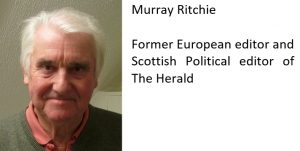
Featured Image Credit: Wikimedia Commons (derivative)
licensed for reuse under this Creative Commons licence
